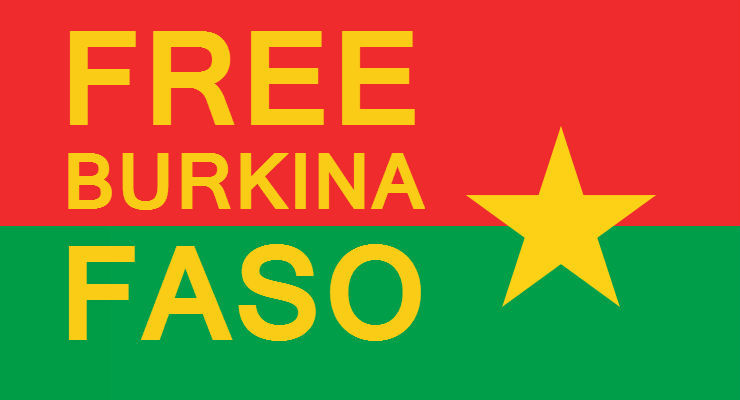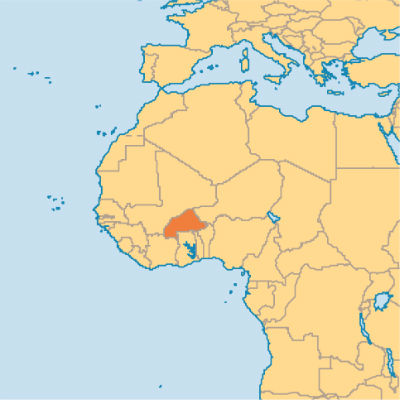
Burkina Faso’s self-appointed ruler Lt. Colonel Isaac Zida has taken control of the Presidency after the longtime President, Blaise Compaore was forced to resign on November 1st. Zida is said to have agreed to transition power from the military to civilian control. President Compaore was forced to resign after attempting to change the constitution to run again in upcoming elections despite being in power for the past 27 years. This public mistake resulted in protest throughout the country in what has come to be known as the “Black Spring movement”.

“We have come to participate in a solution,” neighboring Mauritania’s President Mohamed Ould Abel Aziz said during a meeting in Burkina Faso. Other West African nations have flocked to the meeting to discuss the transition from military rule back to civilian power. Mohamed Ould Abel Aziz is also using his position as head of the African Union (AU) to urged major Western powers not to impose sanctions during the current transition, at least not yet.
According to sources who were familiar with the circumstances surrounding former President Campaore’s resignation, he left the presidential palace and headed toward the southern town of Bo near the Ghana border. Compaore took power at the end of a series of numerous military coups culminating in 1987.
“They wanted me to leave. History will tell us if they were right”. President Compaore said in a statement following his ouster. “We knew for a long time that part of the opposition was working with the army. Their aim; to prepare a coup d’état” the former president went onto say.
New Black Spring Movement Rising?
The ouster of the President has sparked speculation that this might be the start of a new “Black Spring”, in reference with the “Arab Spring” which started in 2011 where many Arab countries throughout the Middle East and North Africa ousted their dictators through popular revolution. For the Black Spring, many hope it’s the long time rulers of Afric who will fall victim to popular uprisings.
“I am full of admiration for what happened in Burkina Faso, our African leaders should learn from this” Congolese politician Clement Mierassa said regarding the revolution.
However, Jennifer Cooke who is the director of the African program at the Washington based center for strategic and international studies in Washington D.C cautions against the impression that this might be the start of Africa’s own series of revolutions. “I don’t think it’s going to unleash a wave of revolution across Africa, or to topple people like Dos Santos or Obiang”, some of the longest serving leaders in Africa. For now, all eyes are set on new Presidential elections in Burkina Faso, currently set to take place in November 2015.
Leave a Reply